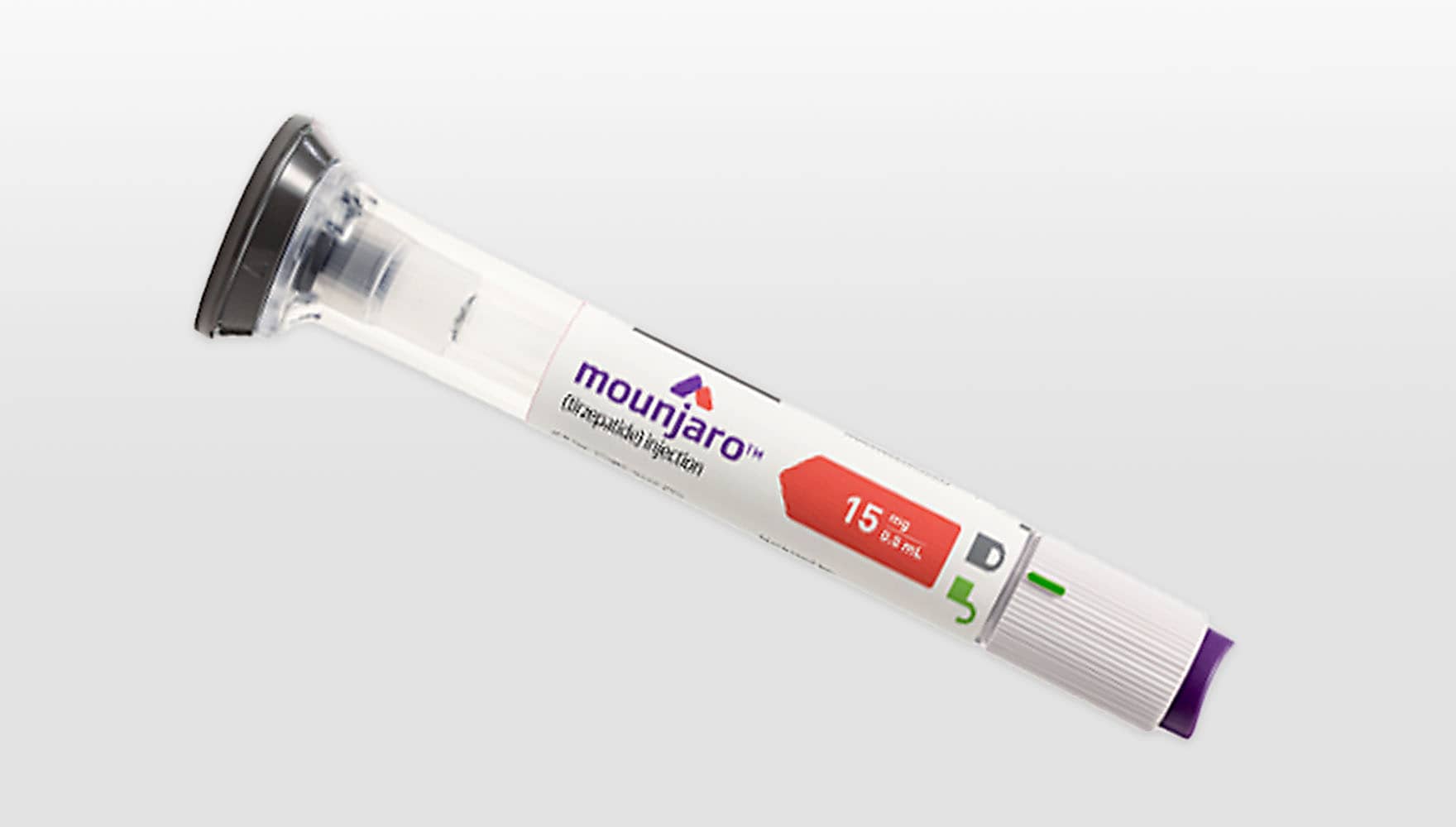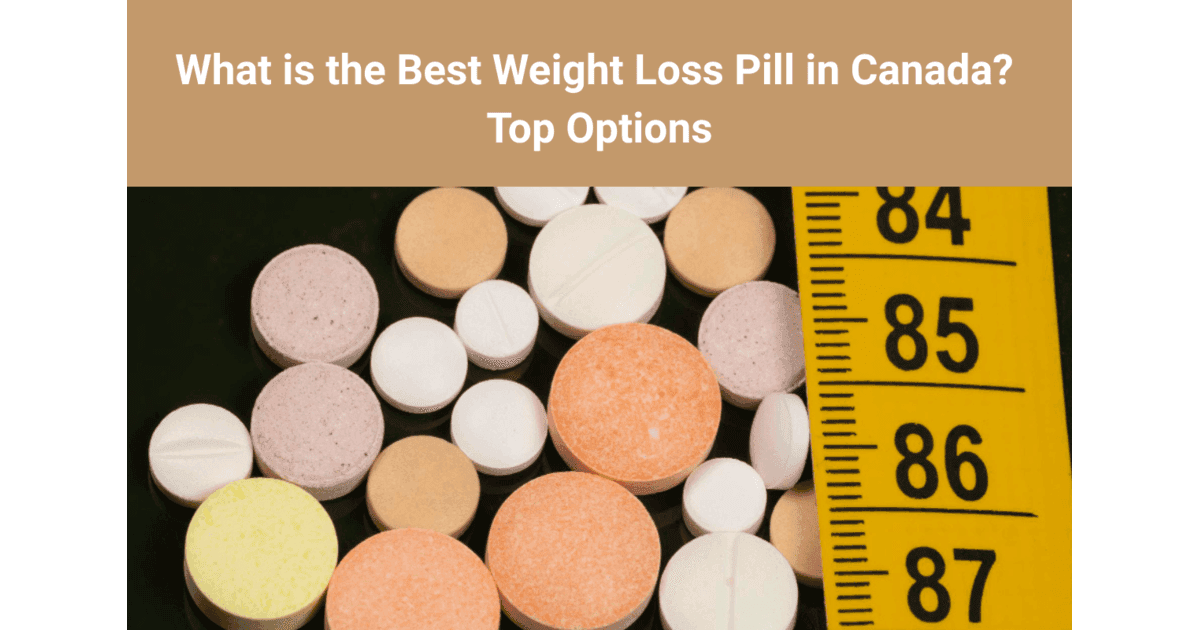Key Highlights
- Postpartum weight loss can be challenging due to hormonal shifts, breastfeeding needs, sleep deprivation, limited support, and emotional health factors.
- Ozempic (semaglutide) is a diabetes and weight-loss medication that reduces appetite and slows digestion, but it is not specifically approved for postpartum weight loss.
- Breastfeeding mothers should avoid Ozempic because safety data are lacking, and potential risks to infants remain unclear.
- Some women may consider Ozempic after breastfeeding, under medical supervision, particularly if lifestyle changes alone have not produced results.
- Potential benefits include appetite control, gradual weight loss, better blood sugar regulation, and improved metabolic health.
- Risks include limited postpartum research, side effects such as nausea, and rare but serious issues like pancreatitis or thyroid tumors in susceptible individuals.
- Weight loss timeline typically begins with modest results in the first month, becomes more noticeable between months 2 and 4, and often plateaus around months 5 to 6 before stabilizing.
- Real-life stories show that Ozempic can help with significant weight loss before fertility treatments or for long-term health goals, but only with careful medical oversight.
- Always consult a doctor before considering Ozempic for postpartum weight loss to ensure it’s safe, effective, and appropriate for your health situation.
Losing weight after pregnancy can feel overwhelming. Between adjusting to life with a newborn and managing postpartum recovery, it’s common to face postpartum weight loss challenges such as hormonal changes, fatigue, and difficulty finding time for healthy routines. While diet and exercise remain the foundation of recovery, some new mothers are curious about Ozempic for postpartum weight loss and whether it could be a safe option.
If you’ve wondered,“Can you take Ozempic postpartum?" you’re not alone. Ozempic (semaglutide) is a prescription medication originally developed for type 2 diabetes but is now widely recognized for its role in weight management. However, its safety and effectiveness for new mothers depend on factors like whether you’re breastfeeding, your postpartum weight loss stage, and your overall health.
The truth is, there’s no one‑size‑fits‑all answer, and that’s why a personalized medical assessment is so important. Our quick quiz helps you understand if Ozempic could fit into your safe recovery plan while considering postpartum weight loss challenges and your individual health profile.
Why Is Postpartum Weight Loss So Difficult for Many Canadian Moms?

For many Canadian mothers, the weight loss journey after childbirth is far from a simple “diet and exercise” journey. The postpartum period is a time of recovery, adjustment, and emotional transition. While some women may naturally return to their pre‑pregnancy weight, others face unique postpartum weight loss challenges that can make progress slower and more complex.
1. Hormonal Changes

After delivery, shifts in estrogen and progesterone can affect metabolism, appetite regulation, and fat storage. These hormonal changes, combined with elevated cortisol from lack of sleep, can slow postpartum weight loss and make cravings harder to control.
2. Breastfeeding Considerations

For breastfeeding mothers, calorie needs are higher, and certain dietary restrictions may apply. Rapid weight loss or extreme dieting may affect milk supply. In Canada, healthcare providers generally recommend a gradual, balanced approach to postpartum weight loss to protect both mother and baby.
3. Sleep Deprivation and Fatigue

Interrupted sleep is a near‑universal reality for new parents. Chronic fatigue can disrupt hormonal balance, increases hunger hormones, and reduces the motivation to exercise. This is one reason many mothers struggle to follow a structured postpartum weight loss plan.
4. Access to Postpartum Support

In Canada, public healthcare covers essential postpartum check‑ups, but ongoing nutritional counseling, physiotherapy, or specialized weight‑loss support often comes at an additional cost or requires private insurance. Limited access can delay or complicate progress.
5. Emotional and Mental Health Factors

Postpartum depression, anxiety, or simply the emotional stress of adapting to life with a newborn can lead to emotional eating or reduced self‑care. These challenges can make safe and consistent weight loss even harder.
Pair your Ozempic treatment with a doctor‑approved meal plan for faster results, and explore our smart eating tips.
Can Ozempic Help With Postpartum Weight Loss, and How Does It Work?

Many new mothers wonder whether Ozempic for postpartum weight loss could be a practical option, mainly when traditional diet and exercise aren’t producing the desired results. Ozempic (semaglutide) is a prescription medication originally developed to manage type 2 diabetes. In recent years, it has also been recognized for its ability to support significant weight loss by regulating appetite and improving blood sugar control.
Ozempic works by mimicking a natural hormone in your body called GLP‑1 (glucagon‑like peptide‑1). This hormone helps slow digestion, reduces hunger signals, and makes you feel fuller for longer. The result is often a steady, sustainable reduction in calorie intake, which can lead to weight loss when paired with healthy eating and activity.
But can you take Ozempic postpartum?
- If you are breastfeeding, Ozempic is generally not recommended, as its safety has not been established for nursing mothers.
- If you are past your breastfeeding stage, your doctor may consider it after reviewing your postpartum weight loss timeline, overall health, and potential risk factors.
- It should only be used as part of safe postpartum weight loss methods guided by a healthcare professional.
Every postpartum journey is unique. Some women find that lifestyle changes are enough, while others may benefit from additional medical support like Ozempic, but always under professional supervision.
Not sure Ozempic is right for you? Discover the top Ozempic alternatives available in Canada today.
Is Ozempic Safe for Postpartum Women?

When considering Ozempic for postpartum weight loss, safety is a top concern, especially in the context of recovery and possible breastfeeding. Here's what the latest evidence and Canadian guidelines suggest.
What Does Research Say About Postpartum Use?
While Ozempic for postpartum weight loss is gaining attention online, it’s important to remember that the medication was originally approved in Canada in January 2018 for the treatment of type 2 diabetes, and more recently for chronic weight management in certain adults.
It has not been approved for postpartum weight loss specifically, and its use during pregnancy or breastfeeding remains contraindicated due to limited safety data.
That said, some early research has explored how semaglutide behaves in postpartum women, particularly in relation to breast milk transmission and infant safety. Current evidence suggests:
- A small human study measuring semaglutide levels in breast milk found no detectable drug in samples collected up to 24 hours post-dose, suggesting very low transmission risk (below 1.3% Relative Infant Dose).
- Animal studies highlight potential risks of GLP‑1 medications during pregnancy, including fetal growth issues and skeletal abnormalities. In humans, major congenital malformations occurred in about 6% of pregnancies when exposed periconceptionally to GLP‑1 agonists. Semaglutide should be discontinued at least two months before pregnancy.
Want Ozempic legally in Canada? Follow our step‑by‑step guide to getting your prescription.
Can You Take Ozempic While Breastfeeding? Medical Insights & Safety Guidelines

For new mothers considering Ozempic for weight loss, safety during breastfeeding is a critical concern. Ozempic (semaglutide) is a prescription medication approved for type 2 diabetes management and, more recently, weight loss in certain patients. However, research on its safety during breastfeeding is extremely limited.
What the Research Says?
Currently, there are no well-controlled human studies evaluating the use of Ozempic while breastfeeding. According to the U.S. National Library of Medicine’s LactMed database, it is unknown whether semaglutide passes into human breast milk. Animal studies have shown that small amounts can be transferred through milk, but the implications for human infants are unclear.
What are the Potential Risks While Breastfeeding?

Because Ozempic affects blood sugar regulation and appetite hormones, theoretical risks to a breastfed infant could include:
- Changes in feeding patterns
- Altered glucose metabolism
- Potential impact on growth and development
Given these uncertainties, most health authorities do not recommend starting Ozempic while breastfeeding unless the potential benefits clearly outweigh the risks.
Before you increase your dose, find out the safe and effective limits of Ozempic use.
Ozempic After Pregnancy: Weighing the Benefits and Risks

For some women, the postpartum period brings not only the joys of motherhood but also concerns about weight retention and overall health. Ozempic (semaglutide), a medication initially approved for type 2 diabetes and now widely used for weight loss, may appear to be an appealing option. But is it the right choice after pregnancy? Understanding both the benefits and potential risks is essential before making a decision.
What are the Potential Benefits?

When prescribed under medical supervision, Ozempic may help certain postpartum women with:
- Weight loss support – By slowing digestion and reducing appetite, Ozempic can help manage calorie intake and encourage gradual weight reduction.
- Improved blood sugar control – Beneficial for women with type 2 diabetes, insulin resistance, or a history of gestational diabetes.
- Metabolic health improvements – May lower the risk of developing type 2 diabetes or cardiovascular issues in at-risk individuals.
What are the Potential Risks After Pregnancy?

While the benefits can be appealing, there are important considerations:
- Limited postpartum research – Few studies have examined Ozempic’s safety and effectiveness specifically in postpartum women.
- Breastfeeding concerns – It is not known if semaglutide passes into human breast milk, and its impact on an infant’s development is unclear (LactMed).
- Possible side effects – Common effects include nausea, vomiting, diarrhea, constipation, and abdominal pain.
- Rare but serious risks – These can include pancreatitis, gallbladder problems, kidney injury, and an increased risk of certain thyroid tumors in those predisposed.
Ozempic Weight Loss Timeline – What to Expect Month by Month

If you are considering Ozempic (semaglutide) or another GLP-1 receptor agonist for weight management, understanding the typical weight loss timeline can help set realistic expectations. Results vary depending on your starting weight, lifestyle, dosage, and medical conditions, but here’s a general month-by-month guide based on clinical findings and patient reports.
Month 1: Adjusting to Treatment
- Focus: Your body adapts to the weight loss medication.
- What to Expect:
- Appetite reduction and slower digestion begin.
- Initial weight loss may be modest, often 2–5 pounds, primarily due to reduced calorie intake.
- Common side effects like nausea, bloating, or mild stomach discomfort may occur. - Tip: Prioritize hydration and small, balanced meals to minimize side effects.
Month 2: Noticeable Changes
- Focus: Appetite control strengthens.
- What to Expect:
- Steadier weight loss of 1–2 pounds per week is possible.
- Many people start feeling more in control of cravings.
- Side effects often begin to lessen. - Tip: Start incorporating light physical activity if cleared by your doctor.
Months 3–4: Accelerated Progress
- Focus: Consistent weight loss and improved energy.
- What to Expect:
- Average total weight loss may reach 5–10% of starting weight by month 4.
- Improved blood sugar levels and reduced waist circumference for many users.
- Lifestyle changes feel more sustainable. - Tip: Work with a dietitian to optimize nutrition for long-term success.
Months 5–6: Plateau and Maintenance Planning
- Focus: Preventing weight loss plateaus.
- What to Expect:
- Weight loss may slow as your body adjusts to a lower calorie intake.
- Many patients have lost 10–15% of their starting weight by month 6.
- Ongoing appetite control helps maintain results. - Tip: Increase activity variety and adjust calorie intake as needed.
Beyond 6 Months: Long-Term Results
- Focus: Sustainable health improvements.
- What to Expect:
- Continued gradual weight loss or maintenance, depending on goals.
- Long-term use may help prevent weight regain, but stopping medication can lead to weight returning if lifestyle changes are not maintained. - Tip: Pair Ozempic with a healthy diet and active lifestyle for the best long-term results.
Real Stories and Experiences: What Do New Canadian Mothers Say?

For many women, postpartum weight management is not just about appearance; it’s about health, fertility, and emotional well-being. While Canadian data on Ozempic for postpartum weight loss is still emerging, personal experiences from women worldwide offer insight into how these medications can impact life after pregnancy.
One such story comes from Wynter Mitchell-Rohrbaugh, who spoke publicly about her journey to ABC News. After experiencing multiple pregnancy losses, Wynter turned to in-vitro fertilization (IVF) as her next step toward having a child. Her doctor advised that she first lose 40 pounds to improve her chances of a successful pregnancy.
Like many women facing similar advice, Wynter explored medical weight-loss options and began using Ozempic, a GLP-1 receptor agonist that works by slowing digestion, reducing appetite, and improving blood sugar control. Over five months, she successfully lost the recommended 40 pounds. She then discontinued the medication under medical supervision before starting fertility treatments.
The result? A successful IVF cycle that produced viable embryos, something she had been working toward for years. For Wynter, Ozempic served as a stepping stone toward better reproductive health.
Start Your Safe, Doctor‑Guided Weight Loss Journey with DooÜ
Struggling to lose weight despite trying diets, workouts, and lifestyle changes? At DooÜ, we specialize in personalized, medically supervised weight loss programs tailored to your unique body, health history, and goals. Whether you’re dealing with extra weight after pregnancy, slower metabolism, or other health challenges, our approach focuses on sustainable fat loss, not quick fixes.
Our licensed Canadian healthcare providers use evidence‑based treatments, including clinically approved weight loss medications and custom nutrition and lifestyle plans, to help you achieve and maintain a healthy weight. You’ll receive ongoing support, progress tracking, and safe, professional guidance so that you can feel confident and in control of your health.
Take the first step today. Answer a few quick questions to find out which weight‑loss options are right for you.
Conclusion
For new mothers, losing baby weight is a long-term process, not a quick fix. While a weight loss drug like Ozempic for postpartum weight loss can help lower body mass index and manage extra pounds, it should complement — not replace — a balanced diet, strength training, whole foods, healthy snack ideas, and enough sleep.
Aim for gradual fat loss to protect muscle and pelvic floor health, maintain milk production, and ensure adequate calories for recovery. Support heart health, manage high blood pressure risk, and focus on small changes that last. Whether you’re weeks postpartum or further along, consult your healthcare provider to ensure safe, sustainable progress.
Frequently Asked Questions
Can I start Ozempic right after giving birth?
Starting Ozempic immediately postpartum is not recommended. Most healthcare providers suggest waiting at least six to eight weeks, ensuring you’ve healed and discussed your plan with a healthcare provider. The timing depends on your baby’s health, whether you’re breastfeeding, and your overall recovery.
How soon can I lose weight safely with Ozempic postpartum?
Weight loss with Ozempic may begin within the first month, but most new mothers see steady results between three and six months. Safe weight management means paying attention to calorie intake, energy levels, and working closely with a healthcare provider to avoid rapid or unhealthy weight loss.
Does using Ozempic impact future pregnancies?
There’s limited data on Ozempic’s long-term effects on fertility or future pregnancies. Some experts recommend stopping Ozempic one to two months before trying to conceive, as a precaution against possible birth defects or pregnancy complications. Always consult your healthcare provider about side effects and your reproductive plans before taking Ozempic for pp weight loss.















































